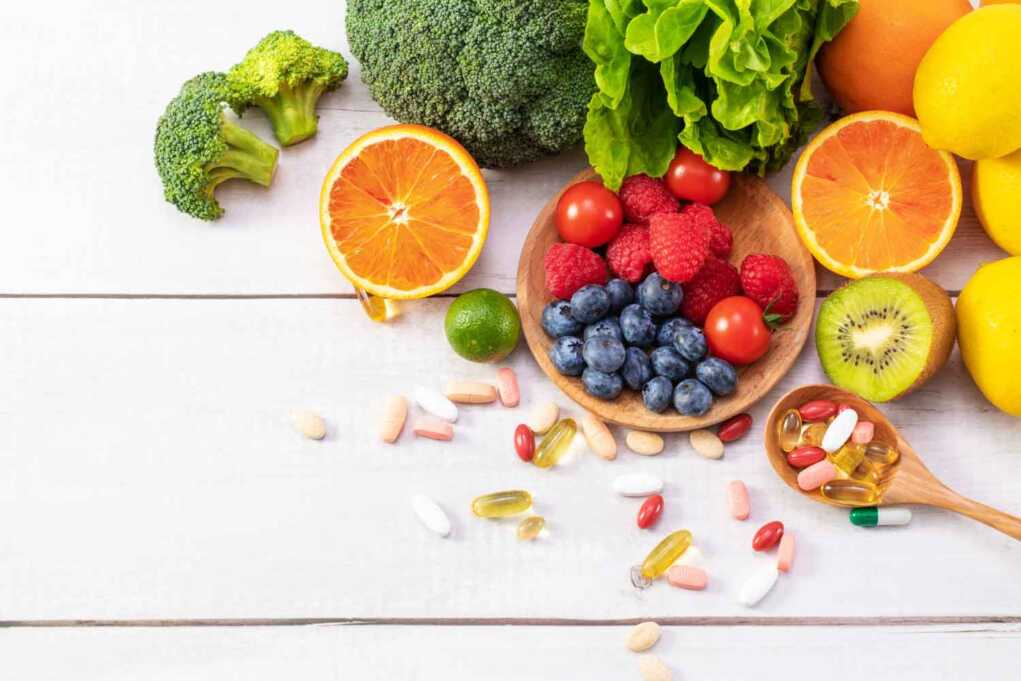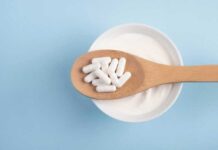
Vitamin therapies may help treat root causes, providing new hope against rising suicide rates.
A glimmer of hope has emerged from a gloomy crisis. As suicide rates have soared to unprecedented levels across the United States, researchers at the University of California–San Diego (UC San Diego) have uncovered a potential breakthrough: certain compounds in the blood that can identify those at highest risk.
Blood Test Reveals Signs of Suicidal Thoughts
The United States faces a suicide crisis, with 2022 seeing record-high suicide mortality. Rates have risen by 36 percent between 2000 and 2021. In 2021, a suicide was reported every 11 minutes. Suicide is the second leading cause of death for those aged 10 to 34, according to the U.S. Centers for Disease Control and Prevention (CDC).
Symptoms of major depressive disorder (MDD) include persistent depressed mood (at least two weeks), loss of interest in activities, sleep/eating issues, low energy, poor concentration, and low self-worth. Women and young adults aged 18 to 25 are most commonly affected.
Adenosine triphosphate (ATP) is the primary molecule cells use to store energy. Inside cells, ATP powers normal functions. But having ATP outside cells signals there is damage or stress. This triggers protective reactions to contain the potential threat, according to Dr. Robert Naviaux, a co-author of the study.
The researchers theorize that suicide attempts could stem from an overwhelming biological drive at the cellular level to stop stress that has become intolerable.
Nutrient Deficiencies Linked to Depression
Blood analysis revealed study participants with MDD had nutritional deficiencies, including deficiency in the antioxidants CoQ10 and lutein, carnitine, which helps turn fat into energy, and folate (vitamin B9). As some nutrients are available in supplements, researchers can explore individualized treatment regimens to address the metabolic issues linked to depression.
However, supplements are not cures. “None of these metabolites are a magic bullet that will completely reverse somebody’s depression,” Dr. Naviaux said in a press release. However, doctors may be able to nudge metabolism in the right direction to help patients respond better to therapies. In suicidal individuals, that could be enough to prevent them from attempting, he added.
Connections exist between depression and diseases like heart disease, cancer, and diabetes. Targeting metabolic factors offers hope of improving outcomes across conditions that increase depression risk.
Diet to Prevent Deficiencies Linked to Depression
Increasing intake of key nutrients like folate could help reduce depression risk, according to Dr. Naviaux’s team. Additionally, vitamin B12 shows promise for relieving depressive symptoms. A 2020 review of studies found that taking B12 early on may delay depression onset and improve antidepressant efficacy.
An estimated 15 percent of the population lives with a B12 deficiency, Emily Feivor, a registered dietitian nutritionist at Northwell Long Island Jewish Forest Hills in New York, told The Epoch Times. “Since B12 is only found naturally in animal products, people who do not eat meat, fish, poultry, or dairy are at risk of becoming deficient,” she added, noting that supplements can restore healthy levels.
Carnitine deficiencies are commonly associated with a genetic disorder but can also occur in people whose diet is insufficient in animal products. Symptoms include muscle weakness, fatigue, irritability, hypoglycemia, and shortness of breath or swelling in severe cases when the heart is affected. To maintain adequate carnitine, eating meat, fish, dairy, and poultry regularly is recommended, according to Ms. Feivor.
Important Notice: This article was originally published at www.theepochtimes.com by George Citroner where all credits are due.
Disclaimer
The watching, interacting, and participation of any kind with anything on this page does not constitute or initiate a doctor-patient relationship with Dr. Farrah™. None of the statements here have been evaluated by the Food and Drug Administration (FDA). The products of Dr. Farrah™ are not intended to diagnose, treat, cure, or prevent any disease. The information being provided should only be considered for education and entertainment purposes only. If you feel that anything you see or hear may be of value to you on this page or on any other medium of any kind associated with, showing, or quoting anything relating to Dr. Farrah™ in any way at any time, you are encouraged to and agree to consult with a licensed healthcare professional in your area to discuss it. If you feel that you’re having a healthcare emergency, seek medical attention immediately. The views expressed here are simply either the views and opinions of Dr. Farrah™ or others appearing and are protected under the first amendment.
Dr. Farrah™ is a highly experienced Licensed Medical Doctor certified in evidence-based clinical nutrition, not some enthusiast, formulator, or medium promoting the wild and unrestrained use of nutrition products for health issues without clinical experience and scientific evidence of therapeutic benefit. Dr. Farrah™ has personally and keenly studied everything she recommends, and more importantly, she’s closely observed the reactions and results in a clinical setting countless times over the course of her career involving the treatment of over 150,000 patients.
Dr. Farrah™ promotes evidence-based natural approaches to health, which means integrating her individual scientific and clinical expertise with the best available external clinical evidence from systematic research. By individual clinical expertise, I refer to the proficiency and judgment that individual clinicians acquire through clinical experience and clinical practice.
Dr. Farrah™ does not make any representation or warranties with respect to the accuracy, applicability, fitness, or completeness of any multimedia content provided. Dr. Farrah™ does not warrant the performance, effectiveness, or applicability of any sites listed, linked, or referenced to, in, or by any multimedia content.
To be clear, the multimedia content is not intended to be a substitute for professional medical advice, diagnosis, or treatment. Always seek the advice of your physician or other qualified health providers with any questions you may have regarding a medical condition. Never disregard professional medical advice or delay in seeking it because of something you have read or seen in any website, video, image, or media of any kind. Dr. Farrah™ hereby disclaims any and all liability to any party for any direct, indirect, implied, punitive, special, incidental, or other consequential damages arising directly or indirectly from any use of the content, which is provided as is, and without warranties.








